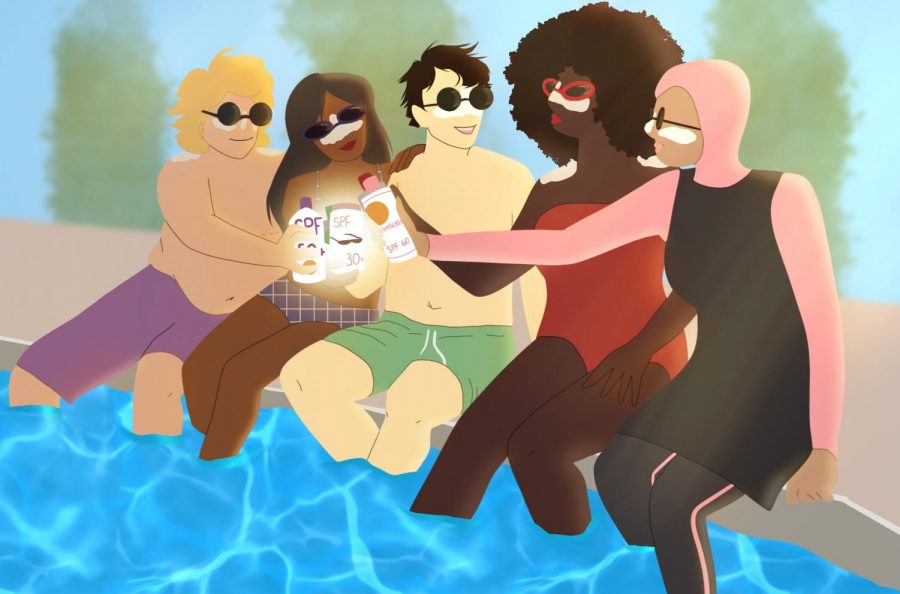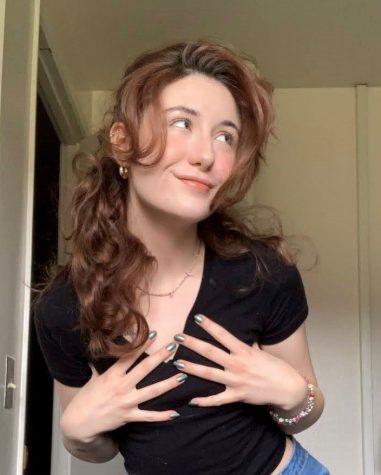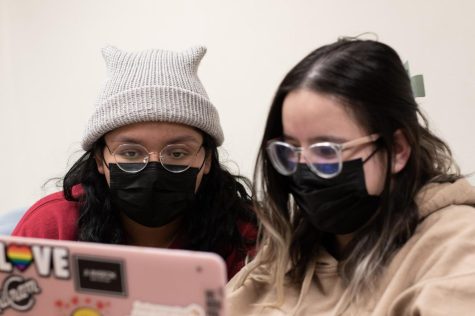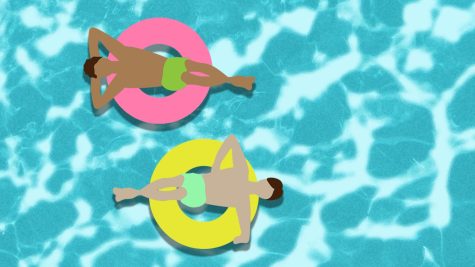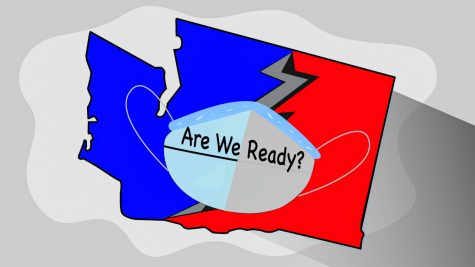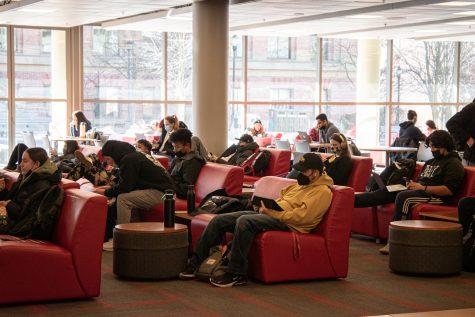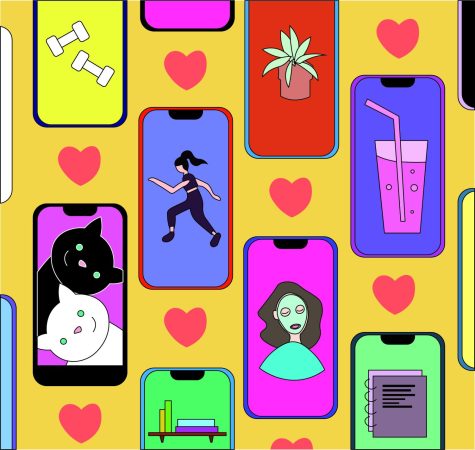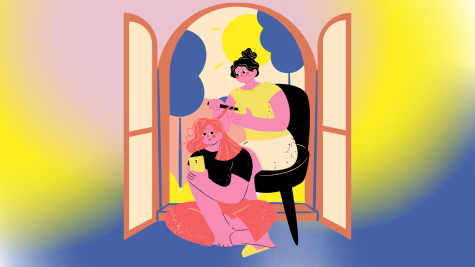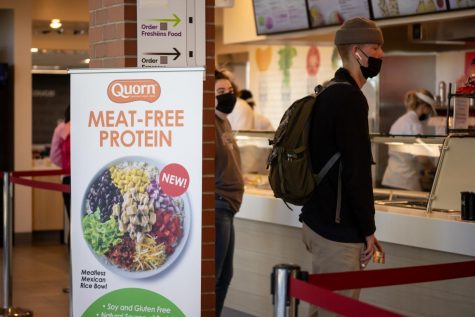Sunscreen should be more accessible
Sunscreen should be the most important part of a skin care routine
Everyone should be wearing sunscreen no matter their race or gender.
July 2, 2021
How often do you wear sunscreen?
When I asked senior zoology major Claire Simmons this question, I was surprised by her answer.
“I wear a lightweight moisturizer with sunscreen for my face every day because my skin’s kinda sensitive,” Simmons said.
Simmons’ everyday use of sunscreen is well above the majority of Americans. According to a study published in the Journal of the American Academy of Dermatology, about 42.6 percent of women and only 18.1 percent of men reported they regularly use sunscreen on their faces.
Still, even those who are applying sunscreen every day probably are not applying enough. According to the American Academy of Dermatology, most people only apply 25-50 percent of the amount of sunscreen they need. Most adults need roughly two finger-lengths of sunscreen to fully cover their face, and about enough to fill a shot glass to cover their body.
Dermatologists also recommend reapplying sunscreen every two hours for maximum protection, especially during periods of prolonged sun exposure.
Using the proper amount of sunscreen daily is proven to reduce the risk of multiple types of cancers, as well as prevent signs of aging, including wrinkles and dark spots.
During the past year or so, skincare has seen an explosion of popularity.
Countless skincare blogs and influencers have popped up in every corner of the internet. Many are based on the philosophy of science-based skincare education and skin positivity.
Nikki, whose last name has not been disclosed for privacy reasons, is one such influencer. Her blog, @uglyducklingskincare on Instagram, is guided by the principles of research-based skincare, kindness and transparency.
According to Nikki, sunscreen is the most important product in a skincare routine because of its role in preventing cancer.
“Sunscreen isn’t just a skincare product,” Nikki said, “it’s a health product.”
As important as sunscreen is, it is also inaccessible for many reasons.
For example, many sunscreens leave an ashy white cast on the skin because of certain ingredients, notably zinc oxide. White casts are most apparent on dark skin, and as a result, many Black people end up forgoing sunscreen.
This is especially alarming because when people of color are afflicted with cancers that sunscreen would have prevented, they are more likely to die from them than white people because of medical racism and late diagnoses.
Sunscreen is also by far the most expensive product in a skincare routine.
Besides the costs that factor into the high price of sunscreen — testing, branding, etc. — sunscreen is particularly expensive because large quantities should be used.
If sunscreen is being used as directed each day, the average 50-milliliter bottle will only last about twenty days — and that’s not even factoring in the recommendation to reapply every two hours, Nikki said.
“Now, you can argue that that works out to the cost of a cup of coffee a day, but the reality is, the ability to be able to afford and use [sunscreen] as directed is a privilege,” Nikki said.
Luckily, as skincare has joined the mainstream, many brands are realizing these issues and taking steps to address them.
Popular sunscreen brands such as Neutrogena and Banana Boat are reformulating their existing products and creating new ones, keeping in mind people with darker complexions. There are also brands such as CeraVe that put cost-effectiveness over brand aesthetics, making its products more financially accessible.
New brands have also appeared, founded with the specific intention of making sunscreen more widely available.
Black Girl Sunscreen is a black-owned company founded in 2016 that created a sunscreen to cater especially to darker complexions — their sunscreen leaves absolutely no white cast and is one of the top products skincare influencers like Nikki recommend.
Japanese and Korean brands, such as Thank You Farmer and Dr. Oracle, are also great places to shop for accessible sunscreens.
Asian beauty brands are often more affordable because they prioritize the effectiveness of the product when advertising over aesthetics, unlike many North American brands. The process of approving new ingredients is also much faster than in North America, so Asian brands are able to offer a wider range of ingredients and products for consumers to test and use.
At the end of the day, though, some sunscreen is better than none! Whether you wear it every day and reapply every two hours or you only wear sunscreen on beach days, you will be more protected than the person who doesn’t wear any sunscreen at all.
“The best sunscreen is the one you will actually use, which is why we try to test so many and do all the research so we can help you make more informed decisions about the products you’re using,” Nikki said.
While we’re attending school in a county that averages 174 days of sunshine every year, it’s important to stay protected. Do your research, find a sunscreen that works for you and most importantly, wear it!


